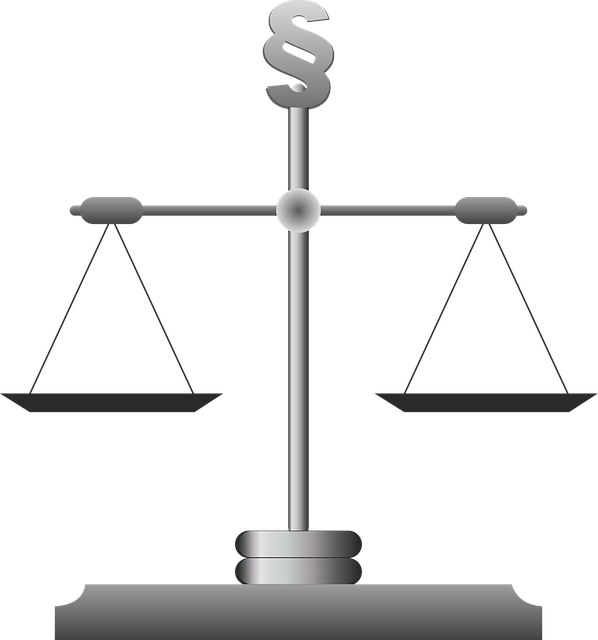Healthcare compliance experts play a vital role in protecting patient data and ensuring quality care by navigating complex regulations like HIPAA and CMS rules. In personal injury claims, meticulous documentation is essential; from medical records to witness statements and physical evidence, it's crucial for building robust cases and securing favorable outcomes. Comprehensive compliance records serve as powerful assets in healthcare litigation, aiding defenses with concrete evidence of legal adherence. During proceedings, these records strengthen cases by providing the evidence needed for personal injury claims, demonstrating due diligence and responsible practices to mitigate liability.
“Healthcare compliance experts play a pivotal role in ensuring ethical and legal practices within the medical industry. With their deep expertise, they guide institutions through intricate regulations, particularly crucial in personal injury claims. This article delves into the significance of these professionals, focusing on documentation and evidence requirements. From understanding the intricacies of healthcare compliance to navigating legal proceedings, it explores how comprehensive records aid in personal injury cases. By examining key aspects like evidence needed for such claims, readers gain valuable insights into effective management and potential outcomes.”
- Understanding Healthcare Compliance Experts: Their Role and Expertise
- The Importance of Documentation in Personal Injury Claims
- Evidence Requirements for Medical Malpractice Cases
- Navigating Legal Proceedings with Comprehensive Healthcare Compliance Records
Understanding Healthcare Compliance Experts: Their Role and Expertise

Healthcare Compliance experts play a pivotal role in ensuring that medical institutions adhere to complex regulatory frameworks. Their expertise lies in navigating the intricate web of laws and guidelines governing healthcare practices, which is essential given the high stakes involved in patient care. These professionals are well-versed in interpreting regulations such as HIPAA (Health Insurance Portability and Accountability Act) and CMS (Centers for Medicare & Medicaid Services) rules to safeguard sensitive patient data and ensure quality care.
Beyond compliance, they assist in managing risk and mitigating potential legal issues. For instance, when a personal injury claim arises, their knowledge of evidence collection becomes invaluable. They guide medical facilities on gathering the necessary documentation and records, including medical histories and witness statements, which are crucial for building a strong case. This support is particularly beneficial during jury trials where clear and compelling evidence can make all the difference in securing favorable outcomes for clients.
The Importance of Documentation in Personal Injury Claims

In personal injury claims, documentation plays a pivotal role. It’s not just about recounting events; it involves gathering and presenting concrete evidence to support injuries, damages, and liability. From medical records detailing treatments and diagnoses to witness statements corroborating the incident, every piece of documentation contributes to building a compelling case. The evidence needed for a personal injury claim is multifaceted—it encompasses everything from physical evidence like photographs and videos to expert opinions and insurance records, all working together to prove the extent of harm and guilt.
For those involved in white-collar defense or dealing with complex cases across the country, the importance of meticulous documentation cannot be overstated. Jury trials often hinge on the accuracy and thoroughness of evidence presented. Proper documentation not only strengthens a case but also ensures that all aspects of the incident are considered, providing a clear picture for both parties and the court.
Evidence Requirements for Medical Malpractice Cases

When it comes to medical malpractice cases, evidence requirements are stringent due to the complex nature of healthcare disputes. To win challenging defense verdicts in jury trials, plaintiffs must provide compelling and relevant evidence that demonstrates negligence on the part of the healthcare provider. This can include medical records, expert witness testimony, and detailed accounts from witnesses who were present during the incident. The evidence needed for a personal injury claim in such cases is multifaceted, encompassing every stage of the investigative and enforcement process.
Comprehensive documentation plays a crucial role in building a strong case. Medical experts review these records to assess whether the treatment deviated from accepted standards of care. Additionally, plaintiffs may need to gather evidence that highlights the adverse outcomes resulting from the alleged malpractice. This includes diagnostic tests, imaging reports, and any communications between the patient and healthcare professionals that reveal concerns or discrepancies in treatment. Such evidence is essential to not only strengthen the case but also aid in achieving a favorable outcome, whether through settlement negotiations or jury trials.
Navigating Legal Proceedings with Comprehensive Healthcare Compliance Records

In the complex landscape of healthcare litigation, having comprehensive and up-to-date compliance records can be a game-changer. When faced with personal injury claims, these detailed records serve as invaluable evidence. They provide a clear picture of the respective business’s adherence to legal standards and regulations, which is crucial in defending against such claims. From ensuring patient documentation is accurate to maintaining secure data storage practices, healthcare compliance experts play a vital role in safeguarding institutions from potential legal repercussions.
During legal proceedings, these records become essential tools for navigating the complexities of general criminal defense strategies. Across the country, courts rely on evidence needed for personal injury claims, and well-organized compliance documentation can significantly strengthen a case. It allows lawyers to demonstrate due diligence and responsible practices, potentially mitigating liability and reducing settlements or judgments.
Healthcare compliance experts play a pivotal role in ensuring legal and ethical practices within the medical industry. By understanding their expertise, we can appreciate the significance of comprehensive documentation in personal injury claims and medical malpractice cases. The article highlights the essential elements, including detailed records and specific evidence (such as those needed for a personal injury claim), required to navigate complex legal proceedings successfully. These professionals’ knowledge enables them to guide organizations through labyrinthine regulations, fostering a culture of compliance that is vital to preventing disputes and ensuring just outcomes.






